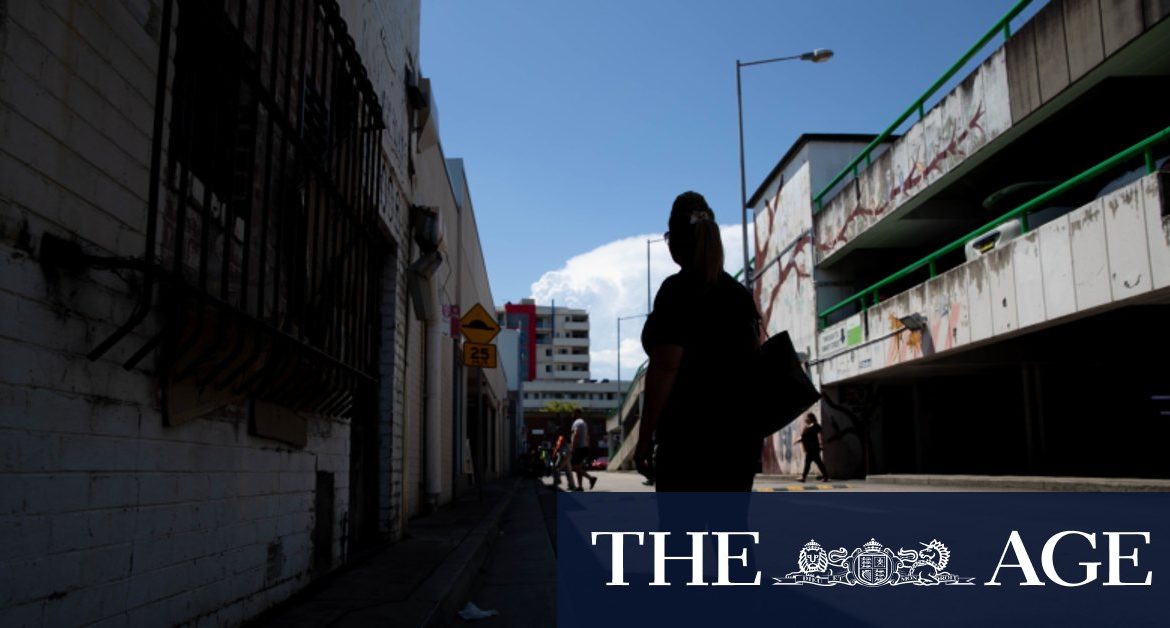Loading
Sheree has since secured a home and employment. She also has plans to study and eventually help support those fleeing domestic violence.
“If I knew about [Rent Choice Start Safely] 10 years ago, I wouldn’t have encountered the other situations,” Sheree said. “Without this program, I don’t think I would be here.”
Earlier this year, the government invested $20 million in rental subsidy packages to help Sheree and others at risk of homelessness.
Since the additional funding, the program has assisted 1074 households in finding a safe place to live.
Attorney-General and Minister for the Prevention of Domestic Violence Mark Speakman said: “No person deserves to live in fear of violence. Start Safely ensures survivors have the confidence to leave a relationship without the fear of financial insecurity or not being able to afford a place to live.”
But those in the domestic violence sector are concerned that more support is needed, particularly over the Christmas and New Year period. It’s one of the busiest times for the sector and many fear the pandemic will worsen the situation.
Chief executive of Women’s Safety NSW Hayley Foster said while the government’s program was an “incredibly important part of the puzzle”, there were still many women and children waiting to access safe housing.
“We always see a spike around Christmas and New Year and an escalation of cases, but we’re particularly concerned in the wake of COVID and the COVID induced economic downturn that women will fall between the cracks,” she said.
Loading
A report by the Australian Institute of Criminology surveyed 15,000 women in May and found nearly three per cent first experienced physical or sexual violence in the three months prior to the survey.
Meanwhile, the probability of first-time violence was 1.8 times higher among women who experienced an increase in financial stress.
Executive director of White Ribbon Australia Brad Chilcott said women and children’s safety was of the utmost importance, as was providing a safe place to live for those at risk.
“The next phase of our maturity in this area will be when it is not the victim that is required to leave their home to remain safe, effectively being punished for someone else’s violent behaviour, but when it is the perpetrator who is removed and kept under close watch of authorities,” he said.
“There are new models for this around Australia that should continue to be advanced and improved.”
Lifeline 13 11 14; Mensline 1300 789 978; Kids Helpline 1800 551 800; beyondblue 1300 224 636; Domestic Violence Line 1800 65 64 63; 1800-RESPECT 1800 737 732
Start your day informed
Our Morning Edition newsletter is a curated guide to the most important and interesting stories, analysis and insights. Sign up here.
Laura is a crime reporter for The Sydney Morning Herald.
Most Viewed in National
Loading







